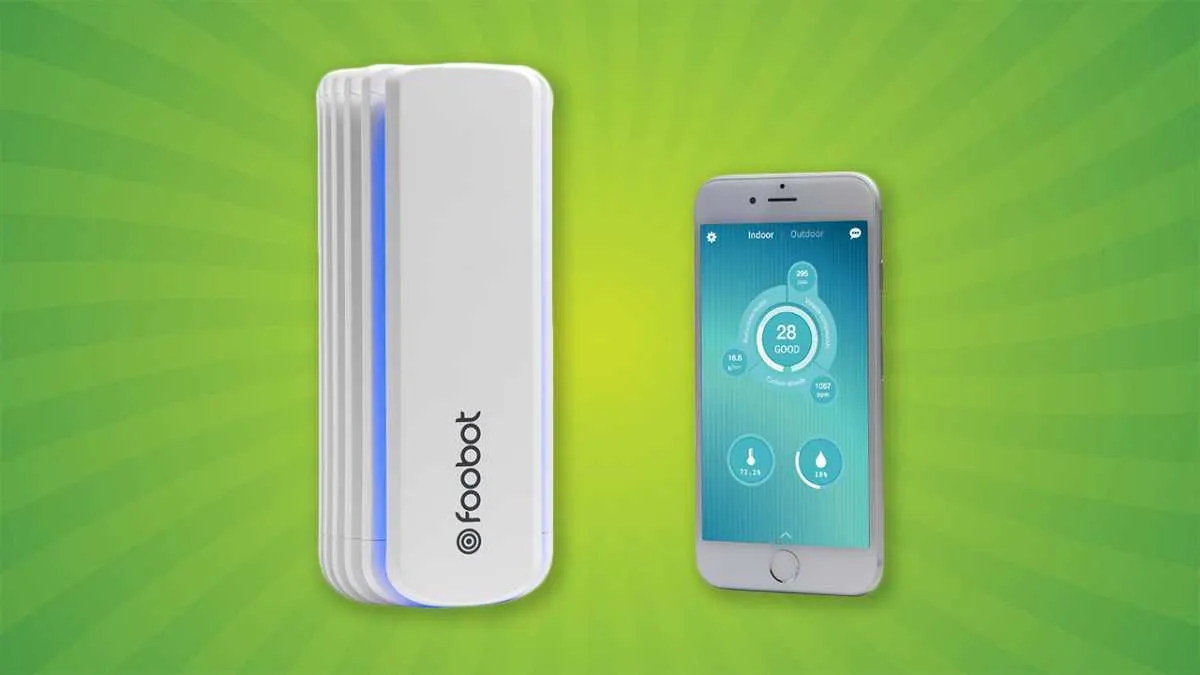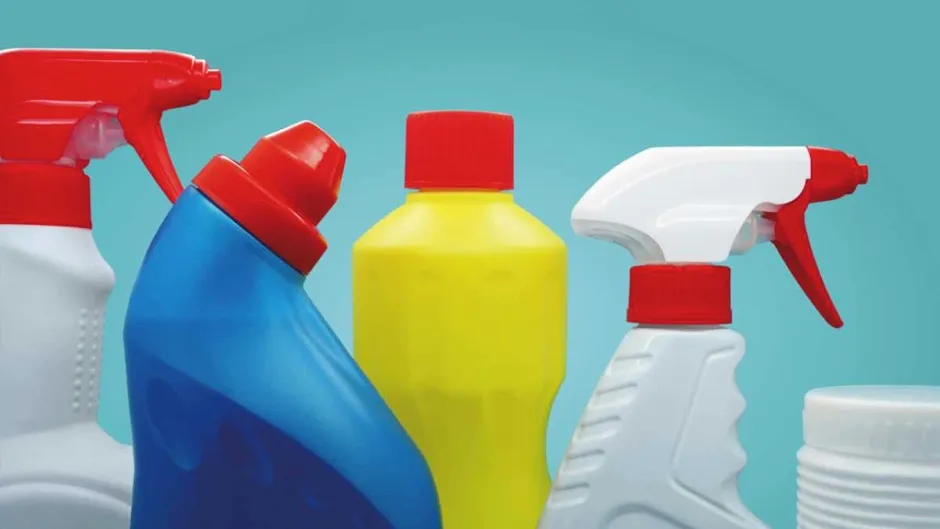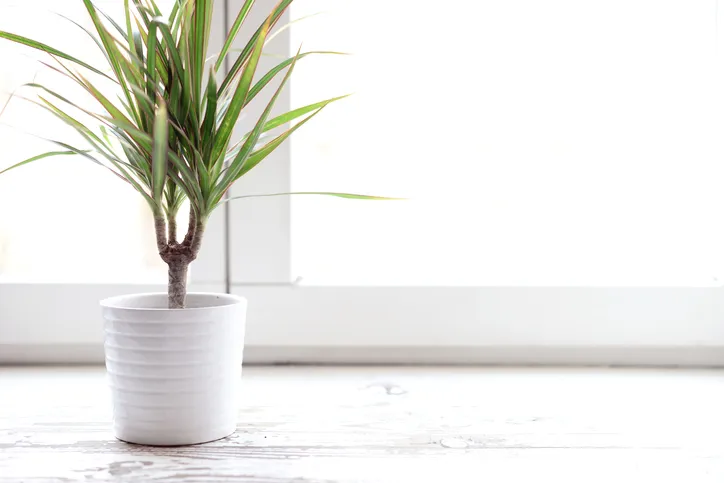The consequences of exposure to highly-polluted air can be severe: in 2018, Public Health England declared that "poor air quality is the largest environmental risk to public health in the UK," with effects ranging from exacerbation of asthma to increased chances of strokes and respiratory and cardiovascular conditions.
It's estimated that 28,000 to 36,000 deaths in the UK are caused every year by long-term exposure to air pollution. The most vulnerable groups include those with cardiovascular or respiratory conditions such as asthma, as well as older people, pregnant women and children.
Even those who don't fall into the most vulnerable groups benefit from reducing exposure to pollutants. The best long-term plan is to try to clean up the air on a global scale, but that will take a large investment of time and money. On a more immediate level, what can we, as members of the public, do to protect ourselves?
Keep track
The best way to avoid air pollution is simply to breathe clean air. While most of us can't uproot our lives and move to the country, we can at least keep track of the air quality around us. Online real-time air quality maps use data from monitoring sites around the world to track Air Quality Index (AQI). As well as the raw data, the maps also provide colour-coded advice to guide users. Though the data is limited by the locations of monitoring sites, the maps are still useful as a guide, especially for the most vulnerable. Some even provide a forecast.

For more detailed data, consider buying anair quality monitor. The most basic consumer air pollution monitors are available at a reasonably low cost. The cost quickly shoots up for the more sophisticated monitors, including portable and smartphone-connected products. However, before you invest, be aware that the Air Quality Expert Group advises that personal monitoring devices aren't regularly calibrated, meaning that they can't provide accurate long-term data. In general, consumer monitors are best for monitoring short-term trends or comparing pollution levels in different locations.
Wear a fitted mask
Images of bustling crowds of people wearing surgical masks in smog-laden streets are a common sight in air pollution news. However, in terms of blocking particulates, surgical masks are shockingly inefficient. Despite their ability to filter the air, the lack of an effective seal around the edges vastly reduces the effectiveness. That's not to say that wearing a mask isn't worthwhile in general. A 2018 study from the Institute for Occupational Medicine in Edinburgh measured the efficacy of various consumer face masks and found that the key factor in reducing the inhaled particulates isn't the mask's filtration efficiency, but how well it fits.
Take a bike path
Naturally, busy roads are among the most polluted areas of a city. Surprisingly, moving even a small distance away from the road can improve the quality of the air. Researchers from the Harvard School of Public Health performed a study in 2014 comparing the air quality along bike paths (separated from the rest of the traffic by distance or a physical barrier) and bike lanes (alongside the rest of the traffic). They found that the concentration of nitrogen dioxide was over 30 per cent higher on bike lanes than bike paths. If you live in London, consider checking the annual air pollution map for the least polluted streets and changing your journey accordingly.
Use green cleaning products

Think of all the different cleaning products we use around the home. Now imagine the smell. A good rule of thumb is that any product with a strong smell - including anything with a fragrance - is likely to contain Volatile Organic Compounds (VOCs). VOCs such as acetone, benzene and formaldehyde are major contributors to indoor air pollution, and can be emitted by cleaning products, paints, adhesives, and anything else that relies on evaporation. The United States Environmental protection agency found that VOC concentration can be from two to five times higher indoors than out.
Several studies have shown that regular exposure to VOCs from cleaning products - particularly for cleaning staff - can aggravate or even cause asthma. To reduce VOC emissions in the home, choose cleaning products displaying the EU Ecolabel. These products are certified to adhere to a wide range of criteria - including limits on VOC content - ensuring that they are environmentally friendly.
Buy houseplants

Houseplants aren't just good décor: they are also a fast and effective way to clean up the air. Researchers at the State University of New York studied five different houseplants to measure their efficiency at removing VOCs from the air. For a good all-rounder, choose a Bromeliad, which stripped over 80 per cent of all pollutants out of the air over the course of 12 hours. But if you run a nail salon, try a Dracaena: these removed 94 per cent of acetone, the source of the powerful smell of nail varnish.
Visit the BBC's Reality Check website at bit.ly/reality_check_ or follow them on Twitter@BBCRealityCheck
Use a home air filter
If you're not the green-fingered sort, you can always buy a machine to do the job of cleaning the air in your home. A Taiwanese study from 2017 showed that long-term air filtration in the home conferred benefits to cardiovascular health, at least in such a highly-polluted environment.
Make sure to choose your air filter carefully. Consumer advice service Which? tested home air filters and found that more expensive does not necessarily mean better. The most effective filters are those with high power, allowing them to clean the air quickly and thoroughly. Look out for filters equipped with an air quality sensor: these can adjust their power level according to the level of pollutants in the air. Also, think carefully about whether you want your filter to connect to your smartphone, as this can add a lot to the price.
Check out our interview with air pollution expert Dr Gary Fullerin theScience Focus Podcastbelow. Make sure you subscribe and rate it wherever you get your podcasts from.
Follow Science Focus onTwitter,Facebook, Instagramand Flipboard